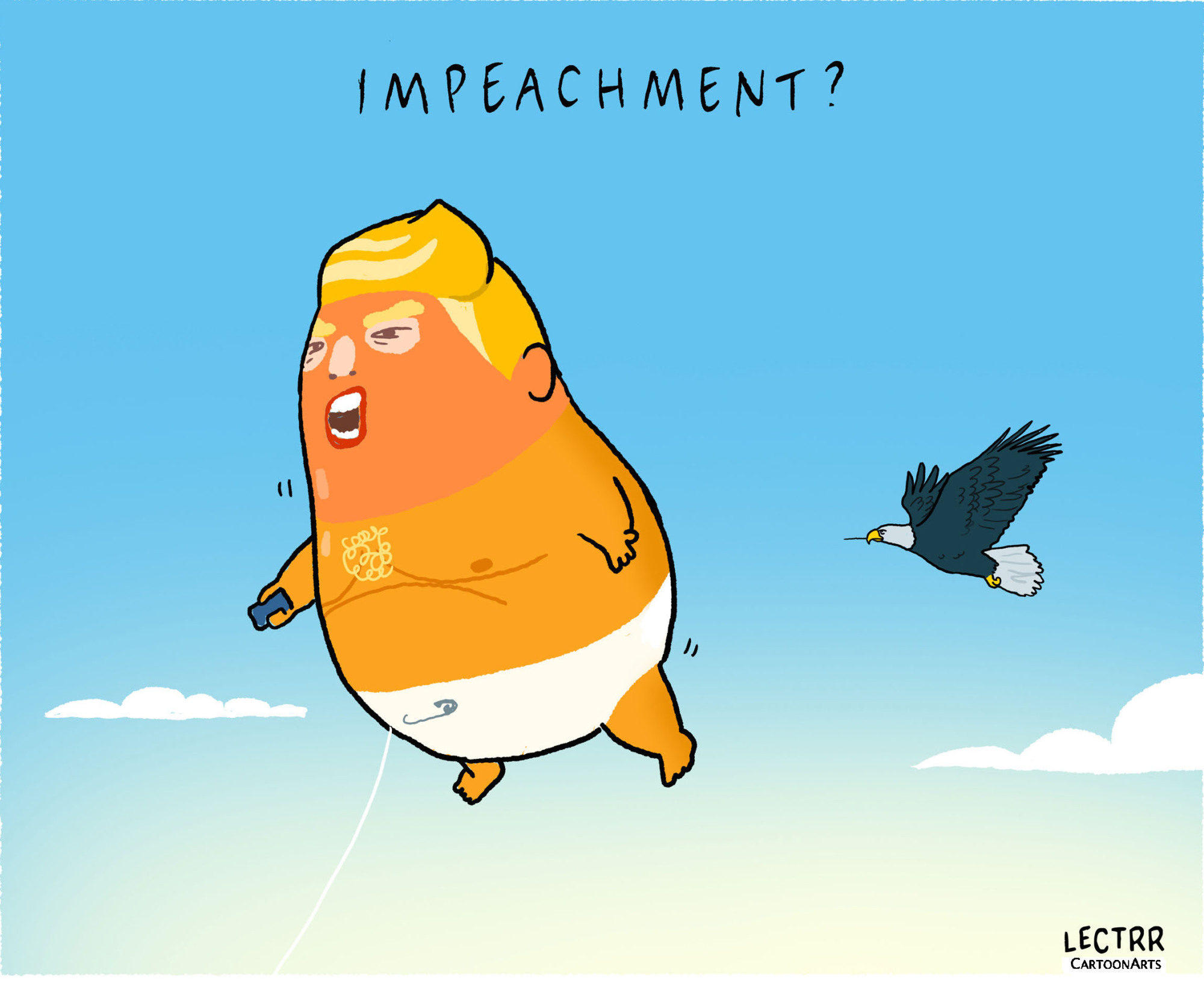Even before House Speaker Nancy Pelosi pulled the trigger on an investigation into U.S. President Donald Trump's dealings with Ukraine, there were fears and complaints that impeachment proceedings would dangerously compromise U.S. foreign policy. Beyond just stifling the president's communications with foreign leaders, wrote former Justice Department official John Yoo, Congress "would seize the upper hand in foreign affairs, which has produced disasters."
But there's another possibility. Even if things fizzle out before reaching a Senate vote, the impeachment process may have a salutary foreign-policy effect: rejuvenating America's image and safeguarding its increasingly tattered alliances and claims to global leadership.
Consider the global impact of the conspiracy and ensuing cover-up of the Watergate break-in authorized by U.S. President Richard Nixon. As the BBC's Alastair Cooke wrote in 1974, the revelations of Watergate "brought the American system into contempt abroad and threatened ... the strength of the North American treaty alliance, the ability of the United States to bargain about arms with the Soviet Union, threatened in a word the defense of Europe." But Cooke saw the outcome delivered by Congress and the Supreme Court as redemption. So, according to one post-Watergate analysis, did Europe's leading newspapers: "the American political system and governmental processes were beacons of morality and light emerging from Watergate's squalor."



















With your current subscription plan you can comment on stories. However, before writing your first comment, please create a display name in the Profile section of your subscriber account page.